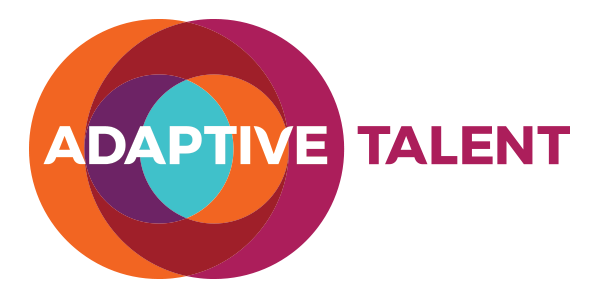I wish I could have studied under or worked for Peter Drucker. He was one of the earliest management gurus and was a genius in his ability to take complex topics and make them easily understood.
I came across this quote from him that I think is particularly helpful in our economy:
“Planning is not an event. It is the continuous process of strengthening what works and abandoning what does not, of making risk-taking decisions with the greatest knowledge of their potential effect, of setting objectives, appraising performance and results through systematic feedback, and making ongoing adjustments as conditions change.”
He asks five basic questions for leaders of any type of organization:
1. What is our mission?
2. Who is our customer?
– Who is our primary customer (ie, the people directly affected by our services / products)?
– Who are our supporting customers (the people impacted by changes to your customers)?
– How will our customers change?
3. What does the customer value?
4. What are our results?
5. What is our plan?
Start-ups constantly iterate on these questions as they refine their product or service into something marketable but usually it’s a very organic, all-hands-on-deck kind of continuous conversation. After all, with five or twenty people on your team it’s pretty easy for everyone to stay on the same page either because they’re overhearing conversations, are all focused on the same product, or come from the same prior organizations and therefore share a common frame of reference or experience.
The organic nature of communication and discovery is quickly overwhelmed as more people join the team and suddenly people are (a) confused about purpose or (b) methods or (c) role clarity and accountability. The early team and leaders must find a scalable way to have common understanding of these questions and act in a way that produces the best results for the customer. This can be unnerving for leaders if they’re trying to figure it out as they go. Aren’t they supposed to be more senior and capable than the employees?
The beauty of leadership, of course, is that you never have to be the smartest one in the room . You do have to be really good at getting people to ask the right questions, sharing their insights, and working together to produce the highest value product or service sooner than your competitors. It’s the difference between telling someone what to do versus learning as a team.
So take a page from Peter Drucker and answer the five questions for your organization. Compare what your colleagues say and consider how the differences in perspectives are reflected in the operations and results of your organization. Use those insights to help create a plan that incorporates your collective beliefs and goals, and then get working on the plan! Keep iterating on those five questions and your plan, tuning as you go.
Photo credit and thanks to Corey O’Brien
—
Adaptive Talent is a talent consultancy designed to help organizations achieve amazing results and ongoing adaptability. Founded in 2008 and based in Vancouver, Canada we offer retained search, assessments, total rewards consulting, training, leadership coaching and development programs, and culture & organizational development consulting.

